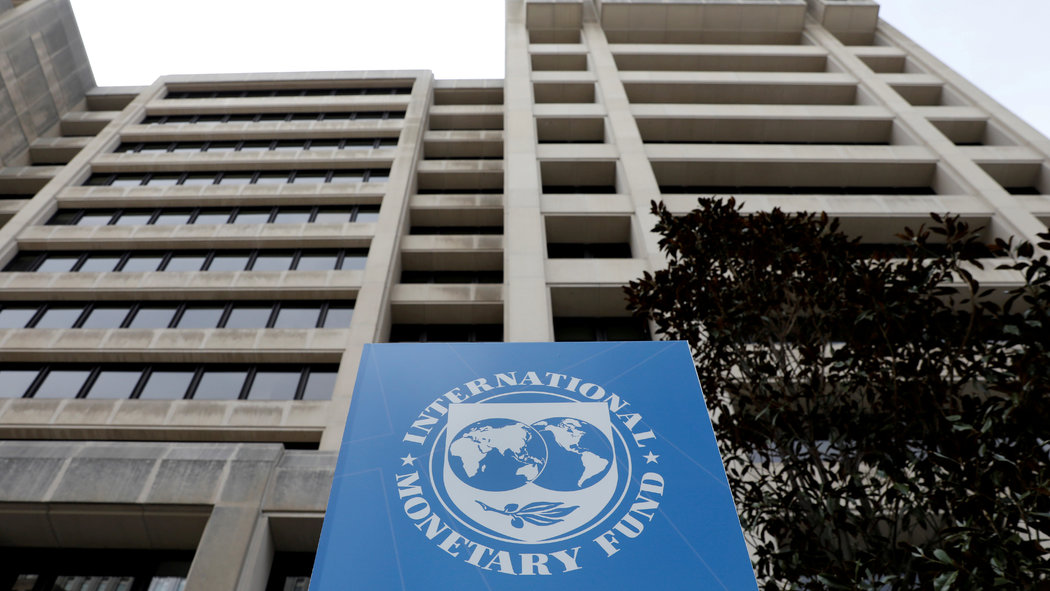The ongoing annual meetings of the International Monetary Fund/World Bank Group kick started yesterday with the presentation of the latest edition of the World Economic Outlook (WEO) which projected a deep recession in 2020 with global growth projected to be -4.4 percent, an upward revision of 0.8 percentage points compared to our June update. This upgrade owes to somewhat less dire outcomes in the second quarter, as well as signs of a stronger recovery in the third quarter, offset partly by downgrades in some emerging and developing economies. In 2021 growth is projected to rebound to 5.2 percent, -0.2 percentage points below our June projection.

“If medical solutions can be available faster and more widely relative to our baseline, it could lead to a cumulative increase in global income of almost $9 trillion by end 2025, raising incomes in all countries and reducing income divergence,” said IMF Chief Economist Gita Gopinath at the press conference.
The Fund earlier in its latest Global Financial Stability Report, noted that while significant improvement in financial conditions has helped maintain the flow of credit to the economy, the economic outlook remains highly uncertain. A disconnect persists, for example, between financial markets—where there have been rising stock market valuations (despite the recent repricing)—and the weak economic activity and uncertain outlook.
This gap can gradually narrow if the economy recovers swiftly. But if the recovery is delayed, for example because it may take longer to get the virus under control, the investor optimism may wane. Read the full blog here by Financial Counsellor and Director of the IMF’s Monetary and Capital Markets Department Tobias Adrian. You can also watch the press briefing here.


